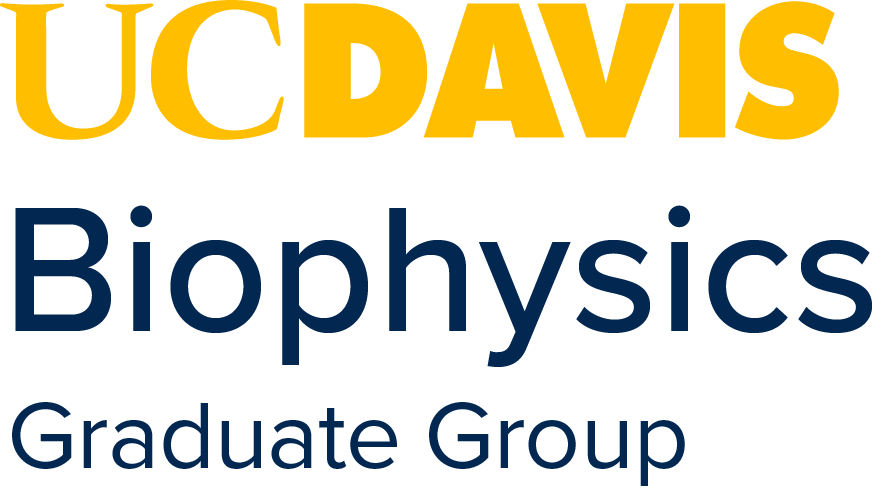Qualifying Examination
The QE should be taken by the beginning of the seventh quarter (fall of the third year) after admission to the Ph.D. program. The Academic Advisor will verify the candidate's eligibility to take the QE. The examination must be scheduled only after the student has completed all courses and other program degree requirements, including the TA requirement.
QE Committee: Each student, in consultation with their Academic Advisor and Major professor, will suggest to the chair of the Committee on Educational Policy and Advising 8 proposed faculty members of the QE committee, and will indicate any faculty member they wish to exclude, and will identify the area(s) of research specialization. Three areas of specialization are proposed by the student in consultation with their Major Professor to reflect the subspecialties of the broader research track that are most relevant for the student dissertation work, and are approved by the Academic Advisor. Neither the Academic Advisor or Major Professor may serve on the QE Committee. The Chair of the Committee must be a member of the BPH program. Guided by the candidates’ lists, the Committee on Educational Policy and Advising will then forward their nomination of five faculty (one from outside the program membership) to serve on the committee to Graduate Studies for formal appointment in accordance with Graduate Council policy.
QE Requirements:
- Dissertation Prospectus: The written component consists of a research proposal similar to an NIH grant proposal that describes the dissertation work to be undertaken (typically 5-7 single-spaced pages with 1-inch margins, not including references). This prospectus should be submitted to the QE Committee no later than two weeks prior to the examination date.
- Oral Examination: The oral portion of the qualifying exam is intended to demonstrate the student's critical thinking ability, synthesis, and broad knowledge of the field of study. It consists of a three-hour oral exam with the five committee members present. Students typically begin the exam with a brief summary of the research proposal (prospectus) and the committee then questions them on the details. Then the questioning is opened up to three previously agreed upon areas of specialization within biophysics that have been approved by the Committee on Educational Policy and Advising.
Part 1. Research Presentation - the student makes a 15–20-minute presentation using a maximum of 10 slides where they
- Present sufficient background to motivate their project
- Present the hypotheses/aims of their project
- Present their approach to testing/meeting the hypotheses/aims
- Present potential limitations and challenges as well as potential alternatives
The QE committee asks questions throughout the presentation on the material presented.
Part 2: Subject Area question period (“breadth component”)
- The three subject areas designated by the student, after consultation with the Major Professor, are approved by the Academic Advisor, and are probed through questions by the QE committee.
- The QE committee asks any additional general questions in Biophysics to ensure sufficient breadth of foundational knowledge.
The committee will evaluate the student's general qualifications for a respected position as an educator or industry leader as well as the student's preparation in a special area of study based upon relevant portions of the student's previous academic record, performance on specific parts of the examination, and the student's potential for scholarly research as indicated during the examination.
The QE Guidelines document and a Sample Committee Suggestion Form (to be submitted in the fall quarter of the second year) can be found below.
Qualifying Exam Forms:
QE Committee Member Remote Participation Request
Reconstitution of Committee Membership Request
External Committee Membership Application
If you need a room for your Qualifying Exam, please checkout these resources for rooms:
